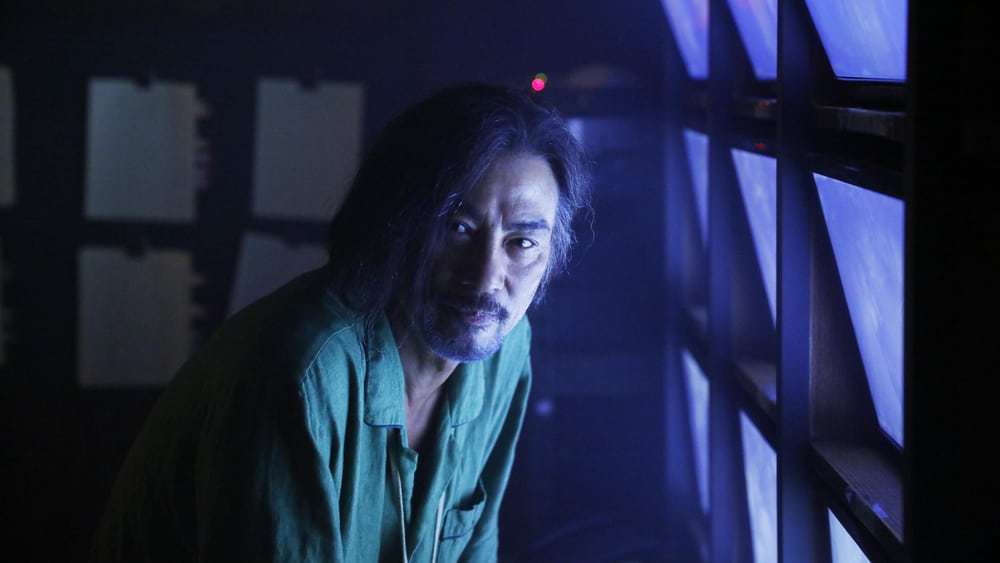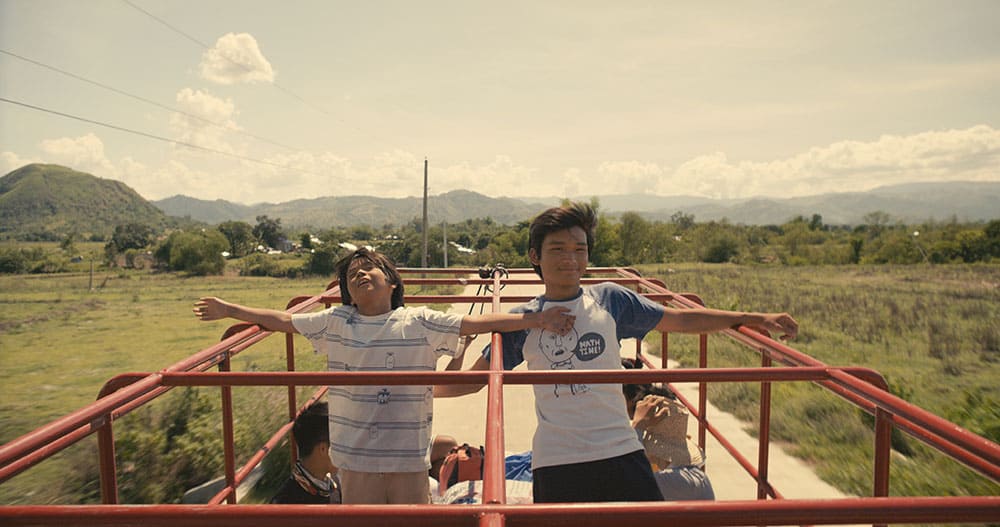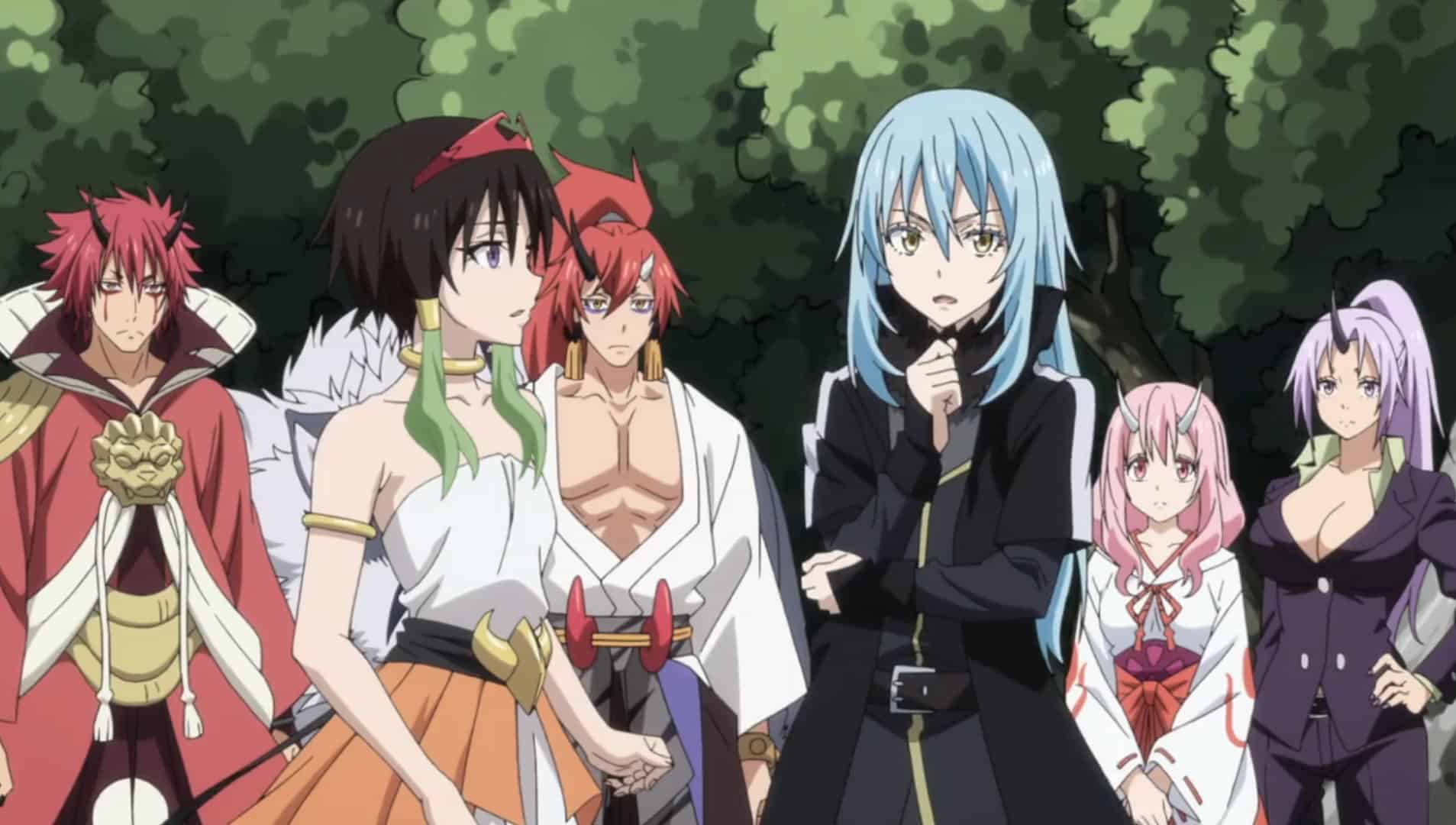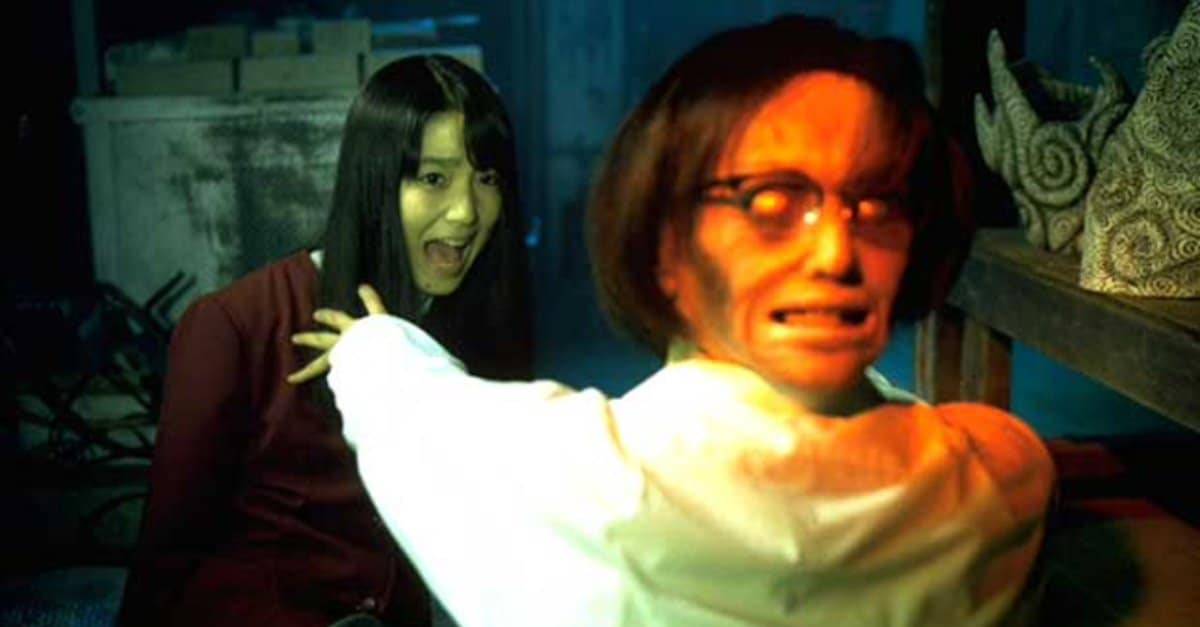by Eleo Billet
Adapted from the short novel “Tuntuulei” by T. Bum-Erden, the film was Mongolia's 2023 Oscar Submission for Best International Feature Film. It's well deserved since the movie deals delicately with the difficulty of mourning as well as the consequences of the rural exodus. Amarsaikhan Baljinnyam's first work as director is a moving tale of daddy issues that, although set in the countryside, does not exoticize life in the fields.
One evening, Tulgaa, a young man living in Ulaanbaatar, gets two missed calls. One is from a woman who announces that he has become a father. The other is from one of his stepfather's friends, who informs him that his father is living his last days. Tulgaa, his heart heavy, resolves to come to his father's bedside on the land of his childhood. When he arrives, his stepfather speaks little, but when he does, it is to rub salt in the wound. His last gesture, however, is to give his son back the harmonica he had offered him to prevent him from leaving for the city. When he dies, Tulgaa finds himself aimless and agrees to stay in the hamlet during the harvest to mow his father's fields.
During this time, he meets Tuntuulei, a cheeky young boy who already thinks he is a man. Through teasing, they get closer, and gradually, Tuntuulei opens up to Tulgaa. The former introduces him to the secrets of the land as well as the problems of the inhabitants. The latter becomes the father figure that the boy longs for. But the end of the harvest approaches, and with it, Tulgaa's departure.
Check out this interview with the CEO of The Filmbridge
The opening scene sets the tone. With a man standing on his horse, his phone hanging on a branch serving as an antenna, desperately looking for a signal, the setting delights and suggests a light-hearted work. This situation is standard in the Mongolian countryside, where you must climb to the top of a hill to make a call. But that call itself is painful. A family friend calls a young man who lives in the city to warn him about his father's imminent death. He doesn't answer, and the despair is visible on the face of the bedridden patriarch. Indeed, Harvest Moon may be comical in some ways, but it remains realistic and tragic.
With a slow but sustained pace that prevents any boredom, Amarsaikhan Baljinnyam's work is a little marvel of gentleness. The director, who also is the screenwriter and lead actor, conveys a wide range of emotions through the gorgeous natural landscapes and simple, realistic discussions of dreams and pain. However, at first, the lack of dialogue makes Tulgaa seem cold and shady, even if his sadness is always palpable. When he travels to see his father, he carries only his sorrow and regrets for having a violent parent who never understood him and whom he left. Until he meets Tuntuulei, Tulgaa is taciturn and mournful. He spends his days mowing the fields to the point of sweat and blood. But once the joyful boy is in the picture, he softens and becomes a human and endearing character.
But Tuntuulei's playfulness conceals a more painful daily life full of stealing alcohol for two local drunks, hard farm work, boredom, and slaps from his grandfather. With his mother absent and unreachable, and his father unknown, Tuntuulei immediately becomes interested in Tulgaa, himself a withdrawn father.
Here, “Harvest Moon” lifts the veil on a grim reality in Mongolia: children from the countryside abandoned by their parents when they go to work in the city. These children, mostly boys, are poorly educated and brought up the hard way by their grandparents. Although the city itself is barely present in the picture, it is on everyone's mind. Tuntuulei wants to move there, Tulgaa took refuge in Ulaanbaatar when he left his abusive home, and everyone in the hamlet has relatives to call there. The city is thus shown by the director as the place of all fantasies, with the suffering of the victims of the rural exodus as a subtext, in particular Tuntuulei.
Tenuun-Erdene Garamkhand offers a superb performance, impressive for such a young actor. He brings a welcome fragility to the character of Tuntuulei, while ensuring heartwarming chemistry with Amarsaikhan Baljinnyam, who plays Tulgaa. Every argument and every shared joy ring true and leads to tears, yet the movie does not take an overly naturalistic approach.
The cinematography by Josua Fisher magnifies the natural settings that are well-known to movie lovers, as they are common in Mongolian productions. Nevertheless, this does not prevent one from being seized by a flight of flamingos at the edge of a lake or by the beauty of a harmonica played at night by the fire. The drudgery of working in the field, the loneliness of a journey towards death, or the bliss of being on the roof of the world are also made palpable by the camera, which lingers with long fixed shots on the faces and the working bodies.
Finally, what stands out most in this touching film is the relationship between Tuntuulei and Tulgaa. Father and son, or just friends, their lives cannot be tied together as Tulgaa must eventually reunite with his son, and Tuntuulei with his mother. But their shared experiences are all the more beautiful and cannot leave the viewer unaffected.
A great addition to Mongolian cinema that, despite its abrupt conclusion, makes you laugh and cry with equal force.















